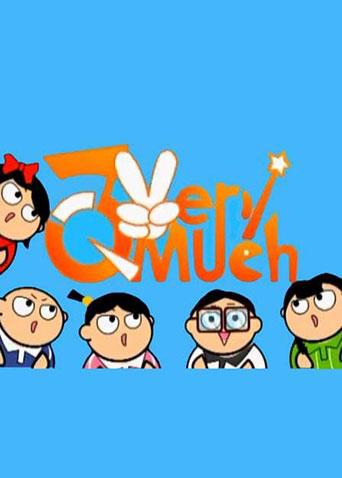 阿吉仔
阿吉仔
发表于1分钟前回复 :Shortly before he is to wed, millionaire John Willis is visited by Dr. Harry S. Blair, a psychiatrist who informs him that years before he was married to Nancy, John's wife-to-be, and warns him that she is mentally unbalanced.Blair then relates the following story: After a whirlwind romance in Florida, Blair marries Nancy and starts a psychiatric practice in New York. One day, artist Norman Clyde comes to his office and tells him that an innocent man is about to be executed in Sing Sing Prison and that Nancy is the cause of his unjust incarceration. A distraught Clyde then explains himself to a curious Blair:Three years before, Clyde meets Nancy, whose maiden name was Monks, when she enrolls in his art class. The moody Clyde soon falls in love with Nancy's honest charm and beauty. Nancy, a secretary, introduces Clyde to her boss, millionaire Andrew Bonner, and persuades Bonner to showcase Clyde's paintings at one of his private showings. To Nancy's delight, Clyde's painting, a depiction of the tragic figure Cassandra for which she modeled, wins first prize at the showing. The evening is perfect until an expensive bracelet is stolen from a guest, and Clyde later finds it in Nancy's purse. After Clyde confronts a confused Nancy about the theft, she relates the following story to explain her behavior:As a young girl, Nancy lives with her housekeeper mother in the lavish Willis home and plays with Karen, the Willises' little daughter. Although Karen wants to invite Nancy to her upcoming birthday party, Mrs. Willis refuses to allow the lower-class Nancy to attend. A true friend, Karen promises to give Nancy one of the pins her guests are receiving. When Karen realizes there are no extra pins, however, she offers Nancy the beautiful locket she has just received from her mother. Nancy's subsequent joy is soon crushed when Mrs. Willis demands that she return the locket. Later, the locket is discovered missing, and Nancy is accused of theft. Although Nancy's mother soon finds the locket in Karen's dress, Mrs. Willis refuses to believe Nancy and forces her to "confess."The adult Nancy then admits to Clyde that this childhood humiliation caused her unconscious desire to steal the bracelet at the party. After a forgiving Clyde returns the bracelet anonymously, he and Nancy continue their romance until the next party at the Bonners'. Suspecting that the absent Nancy is spending the evening in Bonner's arms, Clyde leaves the party to look for her and sees her exiting Mrs. Bonner's bedroom just after two gunshots are fired. Bonner is found murdered, and Mrs. Bonner's diamond necklace, stolen. Although Nancy and Clyde are questioned, valet Myron Dexter is eventually found guilty and is sentenced to die. Clyde, however, strongly suspects Nancy, but she angrily maintains her innocence and leaves for Florida.Back in his office, Blair defends Nancy to Clyde but invites him to his house that evening. When confronted, Nancy denies everything and tells Blair that Clyde is merely jealous. The next day, Dexter is executed, and a guilt-ridden Clyde jumps from Blair's office window to his death.To avoid scandal, Blair and Nancy move to England, and after World War II breaks out, Blair volunteers his medical services, while Nancy becomes an ambulance driver. Expressing concern over Blair's health, Nancy insists that they take a vacation at Lord and Lady Wyndham's manor house. Just as they are leaving, Blair learns that one of Lady Wyndham's valuable jewels has been stolen. Blair suspects Nancy but is unable to prove anything until a bomb destroys their flat and reveals her cache of stolen jewels.Although confronted directly, Nancy continues to deny any guilt and divorces Blair after he suffers a nervous breakdown. Back in John's study, Blair, like Clyde before him, tries to convince John to abandon Nancy, who now uses the name Patton. John, however, believes Nancy when she tells him that Blair is still suffering from his breakdown.Moments before the wedding is to start, Nancy's future mother-in-law, the unsuspecting Mrs. Willis, gives her the same locket that she once took away, and tells her that it is a precious family heirloom. The locket causes Nancy to be overcome with guilt, and she collapses at the altar in hysterics. As Nancy is later taken away to an institution, John sadly realizes the truth of Blair's story, but determines to see Nancy through her crisis.




